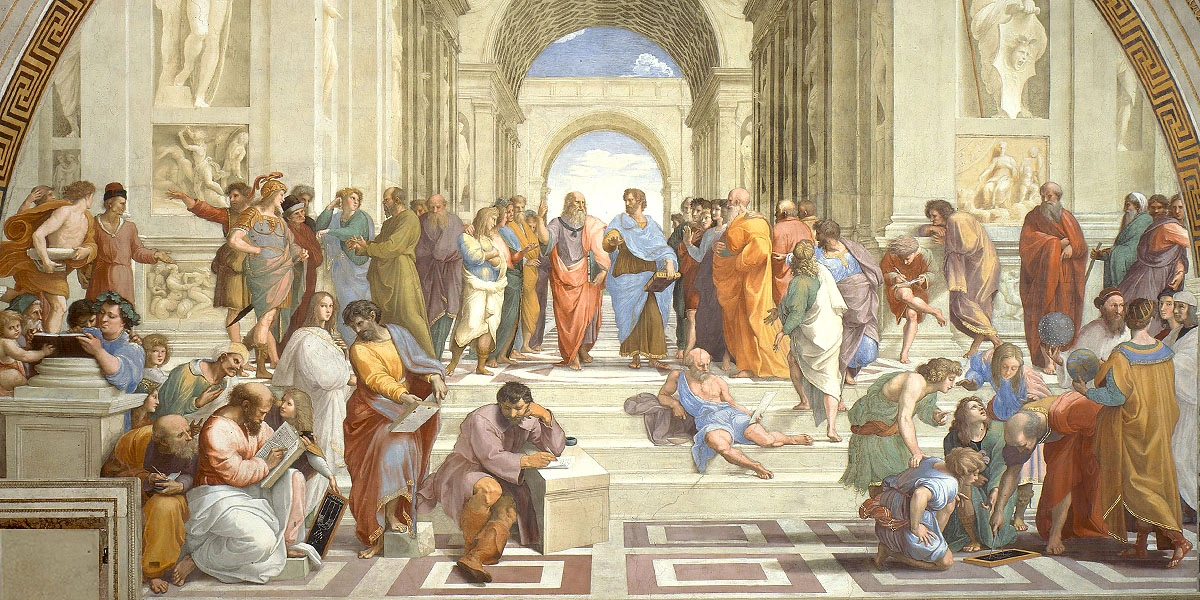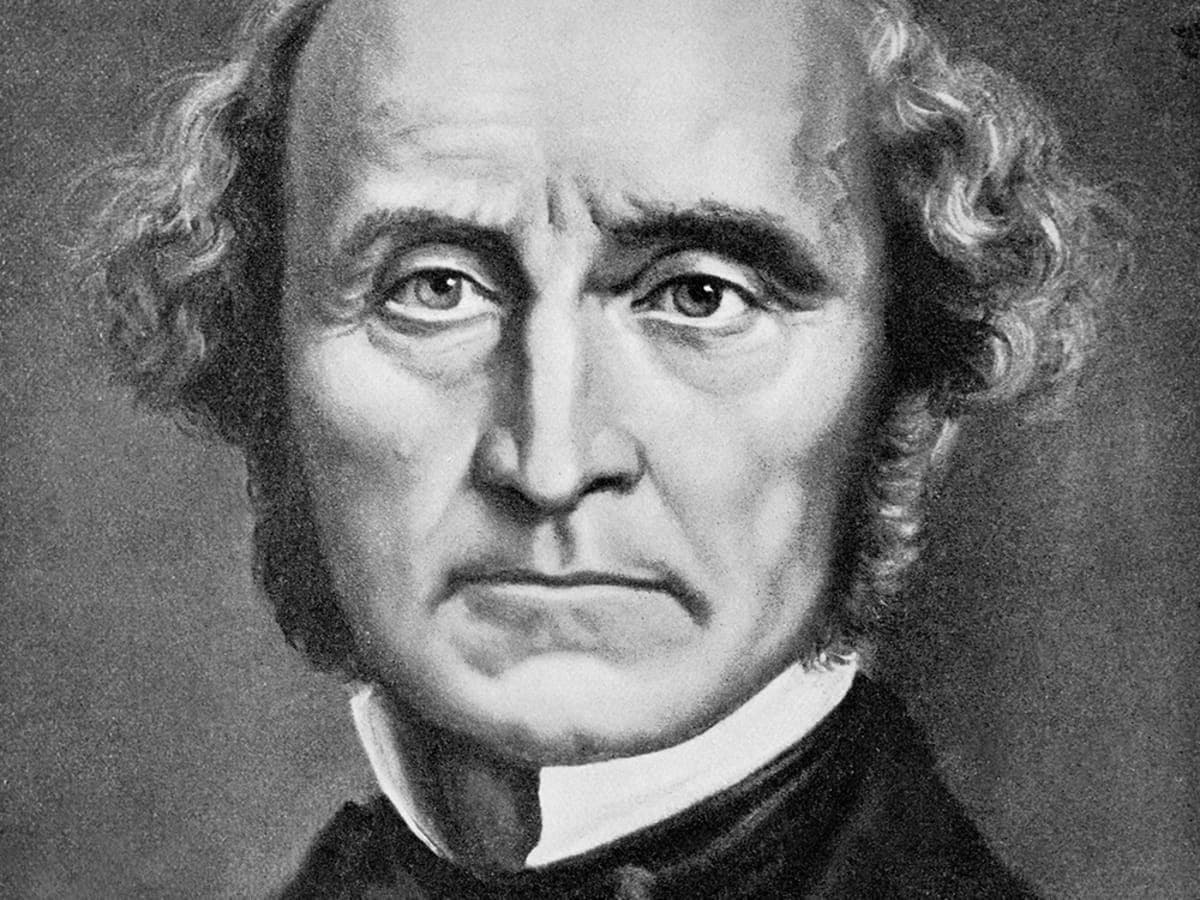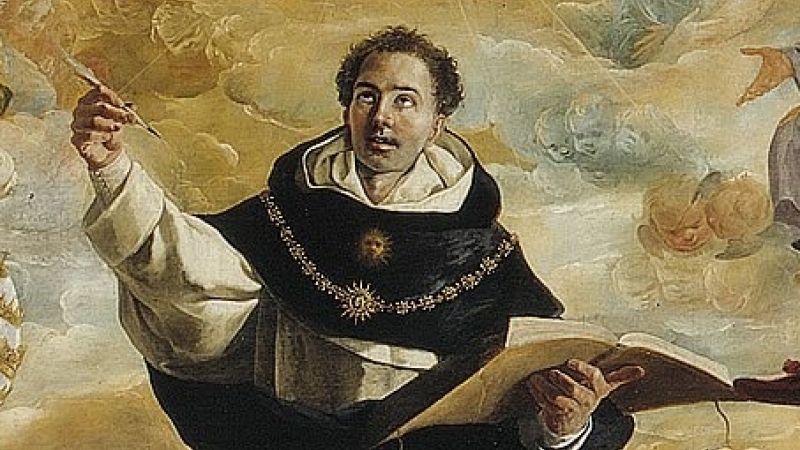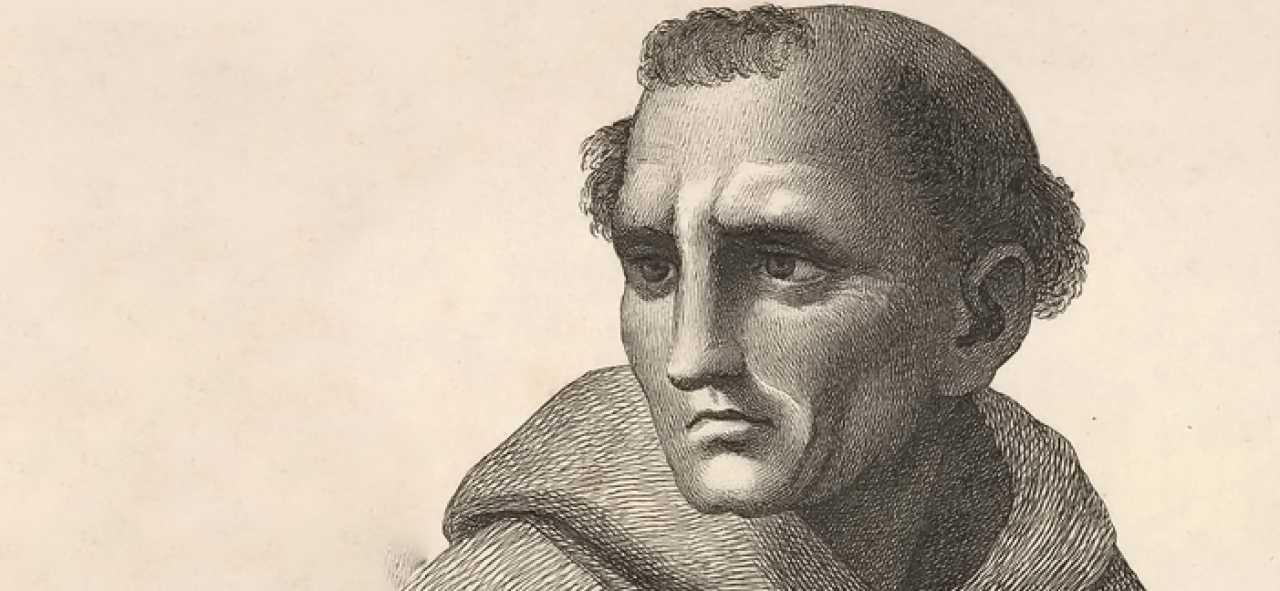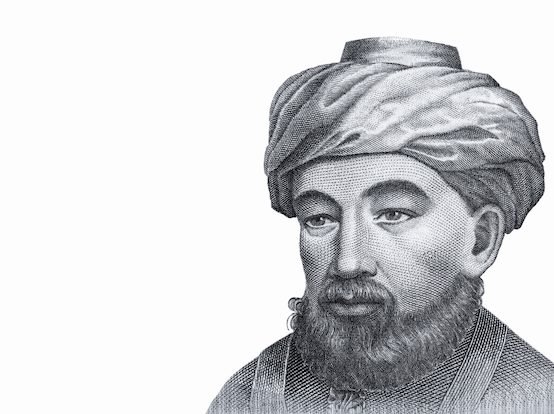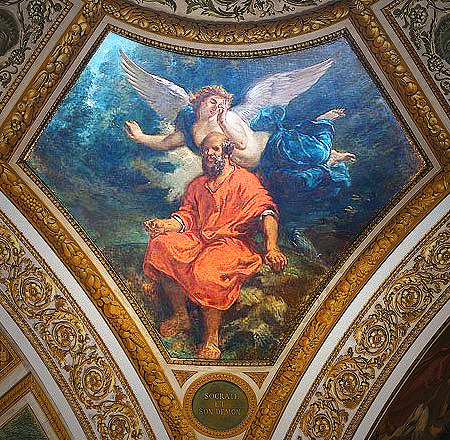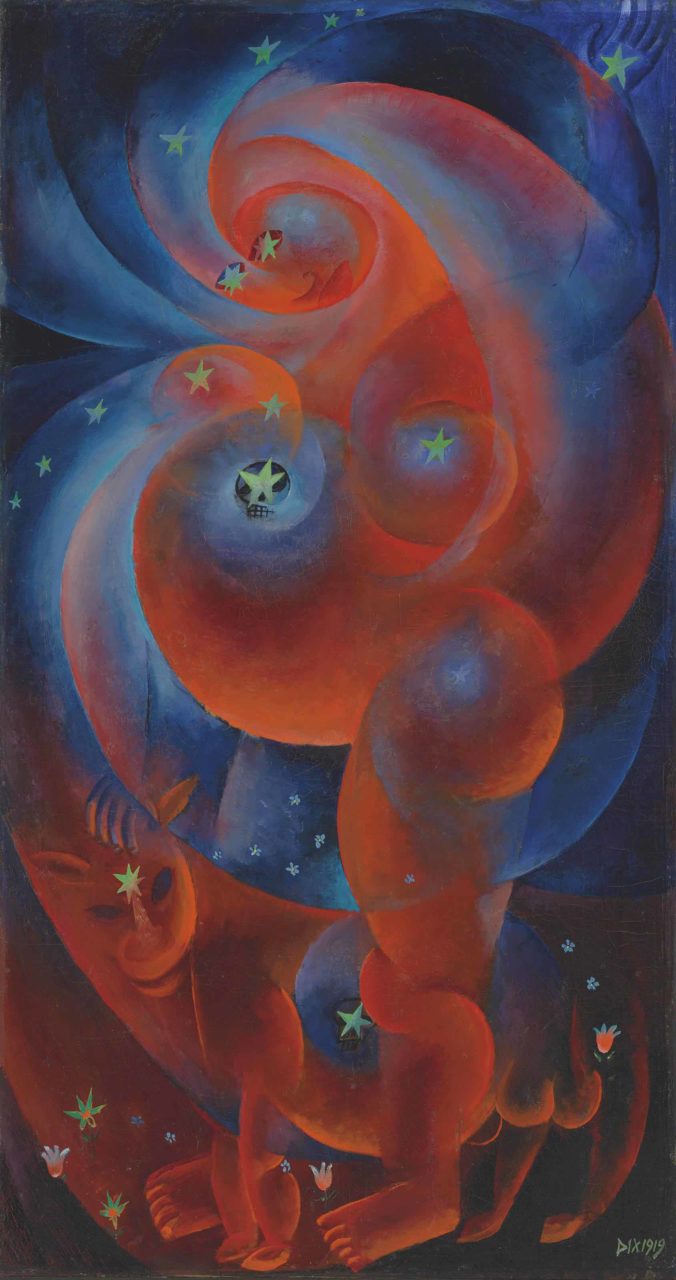Category: Philosophy
-

Knowledge And Wisdom Part 1
In the Catholic intellectual tradition, philosophy has traditionally been referred to as the “handmaid” of theology. The reason for this is that philosophical truths rooted in our human nature and the natural world give credence to something that is more than merely human or natural; that is, the divine. Hence, philosophy is something which those…
-

Utilitarianism’s Lack of Utility: Part I
In this article, I will lay the groundwork for my criticism of utilitarianism. In my next article I will explain why I think utilitarianism has very little utility. Ethics is a field for abnormal situations. Amongst the various ethical theories and philosophies put out there, there is wide agreement on most questions. Should I steal…
-

Addressing the Allowance of Evil
How can a good God allow evil? Here is a place where philosophy shifts its focus to the practical. How do we make sense of the suffering all around us, and is the suffering consistent with the existence of a good God? The problem of evil is that if God is all-knowing, all-powerful and all…
-

Free Will
In this post I will argue why the definition of Free Will as “the ability to consciously choose to do something” is best. I think man can be manipulated and at the same time be free–provided we understand the word manipulated in a certain sense. By manipulated I do not mean that man is free…
-

The Meaning of the Word “Is”
God is LOVE. . . . . . GOD is Love. . . . . . God IS Love. The first letter of John states that “God is Love” multiple times. Much has been said of agape, the sacrificial love which describes God’s love for us and how we are to love God and one…
-

Divine Revelation in the Epistemology of Maimonides
In a previous article, I wrote about the centrality of the divine to Socrates’ epistemology. Here, I will discuss the source of prophecy in Maimonides’ epistemology. Over a millennium after Socrates, Maimonides echoes similar sentiments in his discourse on prophets in Book Two of The Guide for the Perplexed. He writes with the Aristotelian methodology…
-

Divine Revelation in the Epistemology of Socrates
Socrates is the beloved father of western philosophy, but I have found that many people discuss only part of his philosophy—that true wisdom is awareness of one’s own ignorance. Many stop at Socratic irony, glossing over another central theme of Socrates’ dialogues: the role of the gods in the guidance of ignorant human beings. Indeed,…
-

Bad Dichotomies
You have probably heard, on multiple occasions, the distinction between knowledge and wisdom. “Knowledge is knowing that a tomato is a fruit,” they say, “But wisdom is knowing not to put it in a fruit salad.” This distinction indeed exists, and perhaps even the tomato example is appropriate. But there is still something wrong, and…
-

Abortion and the Utility Monster
Morning Walk is hosting a trip to the annual March for Life at the National Mall on January 18. This is the first in a series of articles focusing on the issue of abortion. This article does not make a case against abortion per se. Rather, it counters a common argument in support of abortion.

